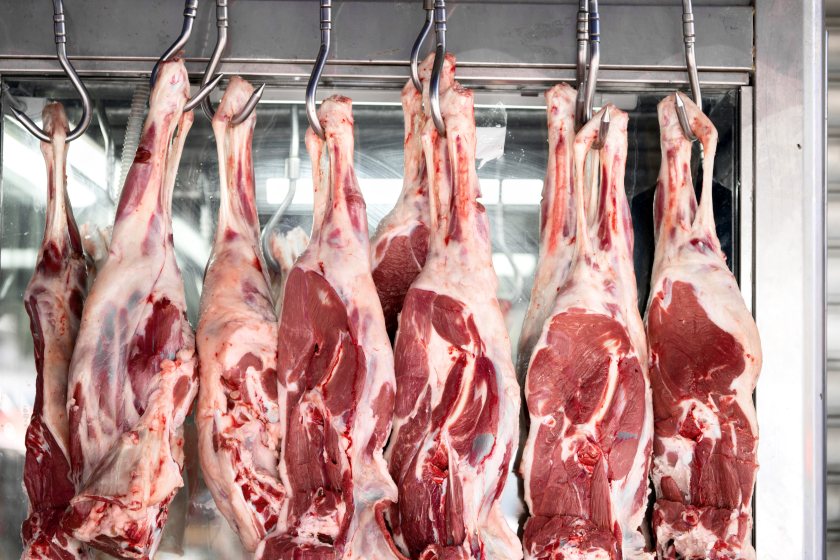
A coalition of farming and conservation organisations are urging immediate action to safeguard Wales’ dwindling network of small abattoirs—deemed essential for local food production.
In an open letter, the group highlights the alarming decline in small and local abattoirs across Wales, warning that continued closures could also seriously undermine efforts to restore nature.
“The startling loss of small and local abattoirs in Wales, as across the rest of the UK, poses a threat to sustainable farming, biodiversity restoration, Welsh produce, Wales’ circular economy and animal welfare,” the letter states.
Groups — including the Farmers’ Union of Wales, Nature Friendly Farming Network, Pasture for Life, Rare Breeds Survival Trust, RSPB Cymru, and the Sustainable Food Trust — are behind the letter to Wales’ Deputy First Minister.
At present, Wales has just nine small to medium-sized abattoirs remaining, of which only five are officially classified as ‘small’.
These facilities offer vital services such as private kill, further processing for direct selling, and the flexibility to slaughter native breeds in smaller batches—services typically unavailable at larger, centralised plants.
The letter details the recent closure of two historic abattoirs: William Lloyd Williams in Machynlleth in 2021 after 91 years in operation, and Hugh Philips’ Gower Butcher and abattoir in 2023, which had served its community for 150 years.
Industry insiders cite high running costs, excessive paperwork, and regulatory burdens as the leading causes of closure.
A survey carried out in November 2024 found that all four small abattoirs consulted were struggling, with at least one considering permanent closure.
The letter warns that these closures create severe knock-on effects. The temporary shutdown of the only small abattoir in Eryri last year forced producers to transport animals further afield, raising serious questions about the long-term viability of conservation grazing in protected landscapes.
Habitats such as peatlands, species-rich grasslands and saltmarshes rely on managed grazing by native livestock, which are often of lower commercial value and best suited to local, direct-sale supply chains.
The authors argue that without access to nearby abattoirs, farmers cannot viably maintain these conservation systems or differentiate their products in a competitive global marketplace, particularly in the wake of recent trade deals.
Closures also pose a significant threat to animal welfare, the letter warns. With fewer abattoirs, transport distances and waiting times have increased.
Emergency slaughter and casualty services—vital for animals unfit for transport but safe for human consumption—are becoming harder to access.
Furthermore, only one Welsh abattoir is currently contracted to process bovine TB reactors, compounding the logistical strain.
Concerns have been further heightened by the Food Standards Agency’s review of the small abattoir discount scheme, which currently provides up to 90% off meat inspection fees.
The Association of Independent Meat Suppliers has warned that if this support is withdrawn, 40% of small to medium abattoirs could shut down.
The open letter concludes: “We would welcome the opportunity to discuss these issues and potential solutions further… and hear directly from the sector and from those who rely on it.”
